Found An Animal
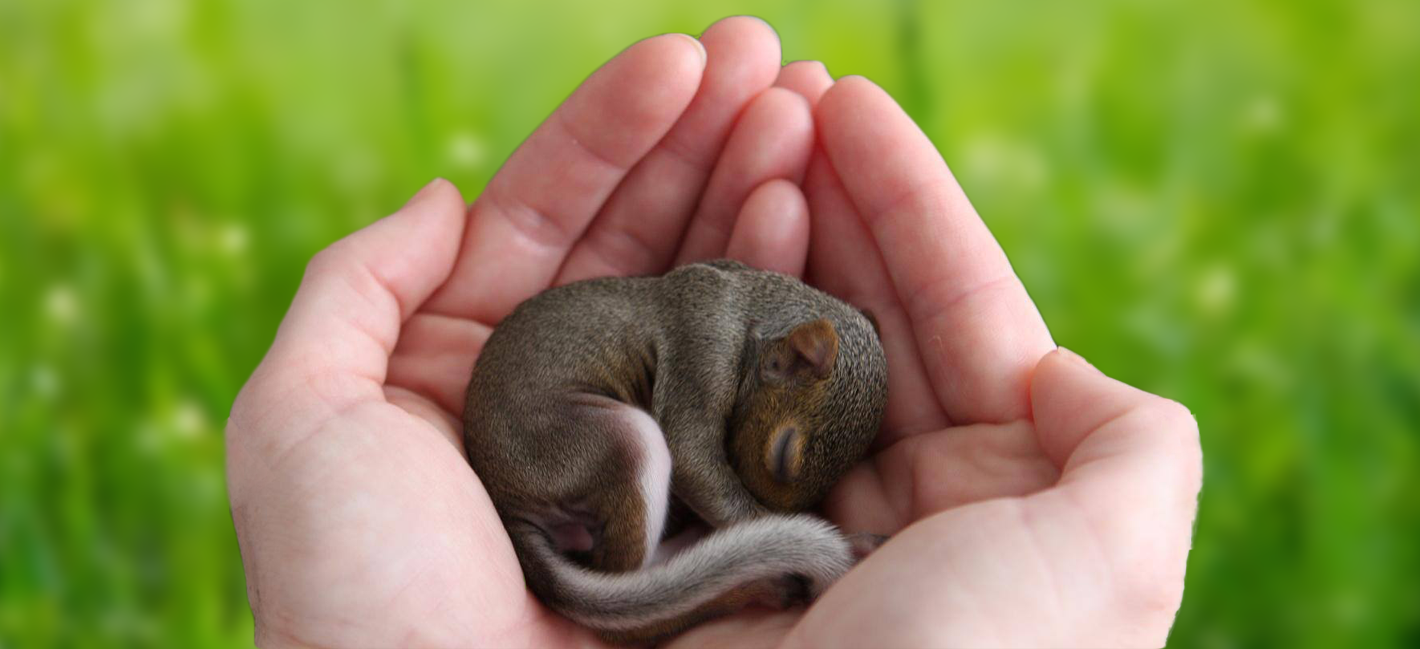
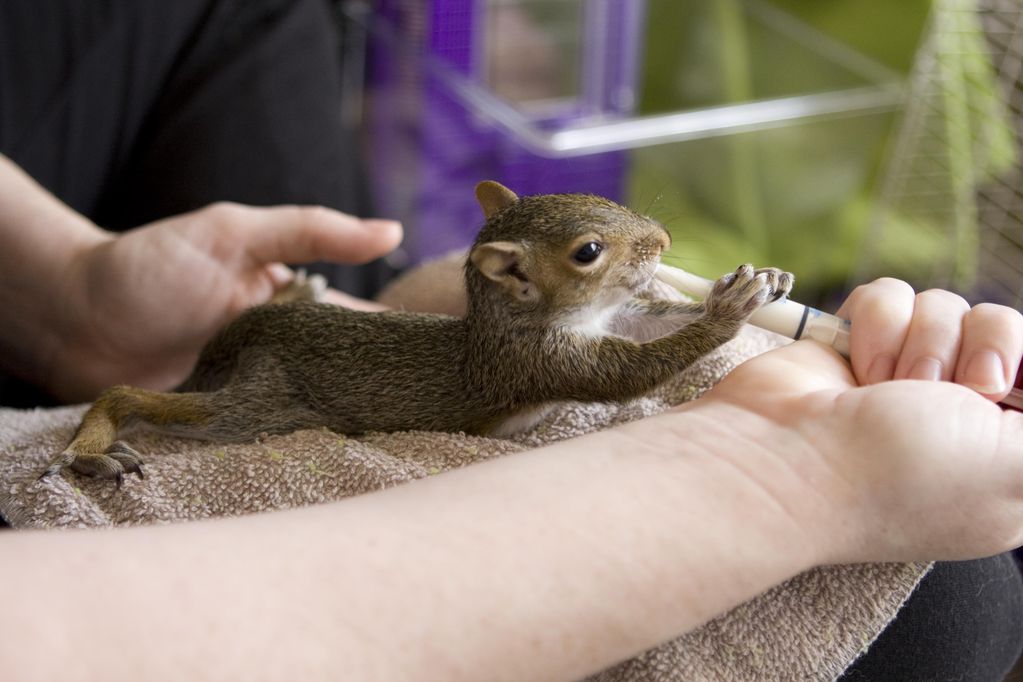
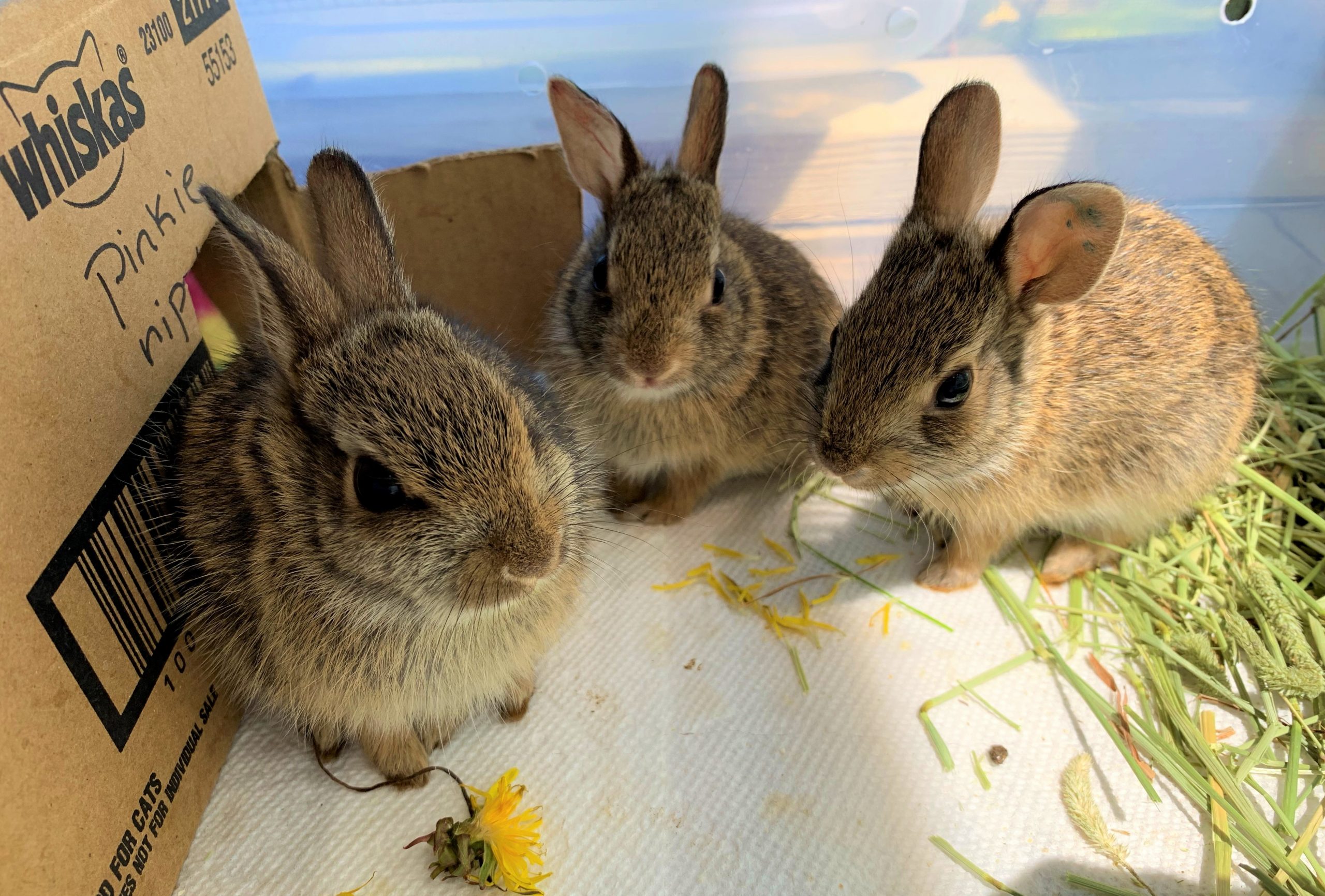
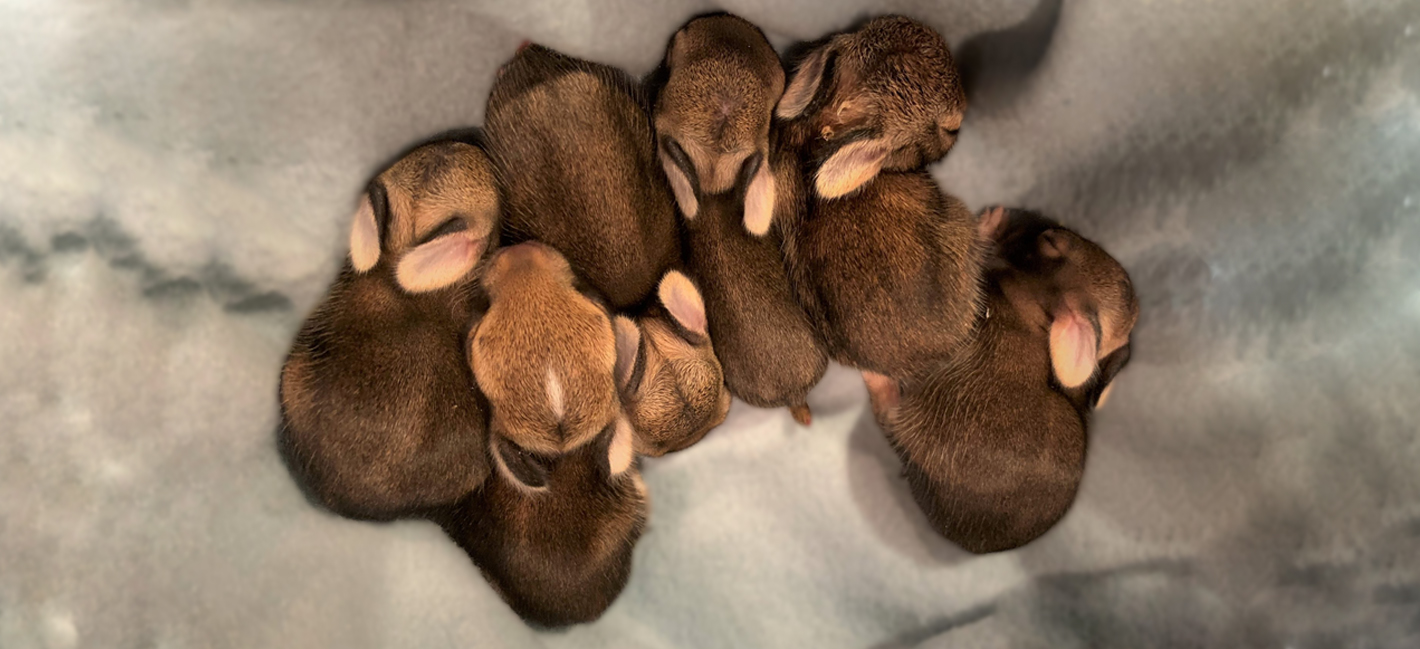
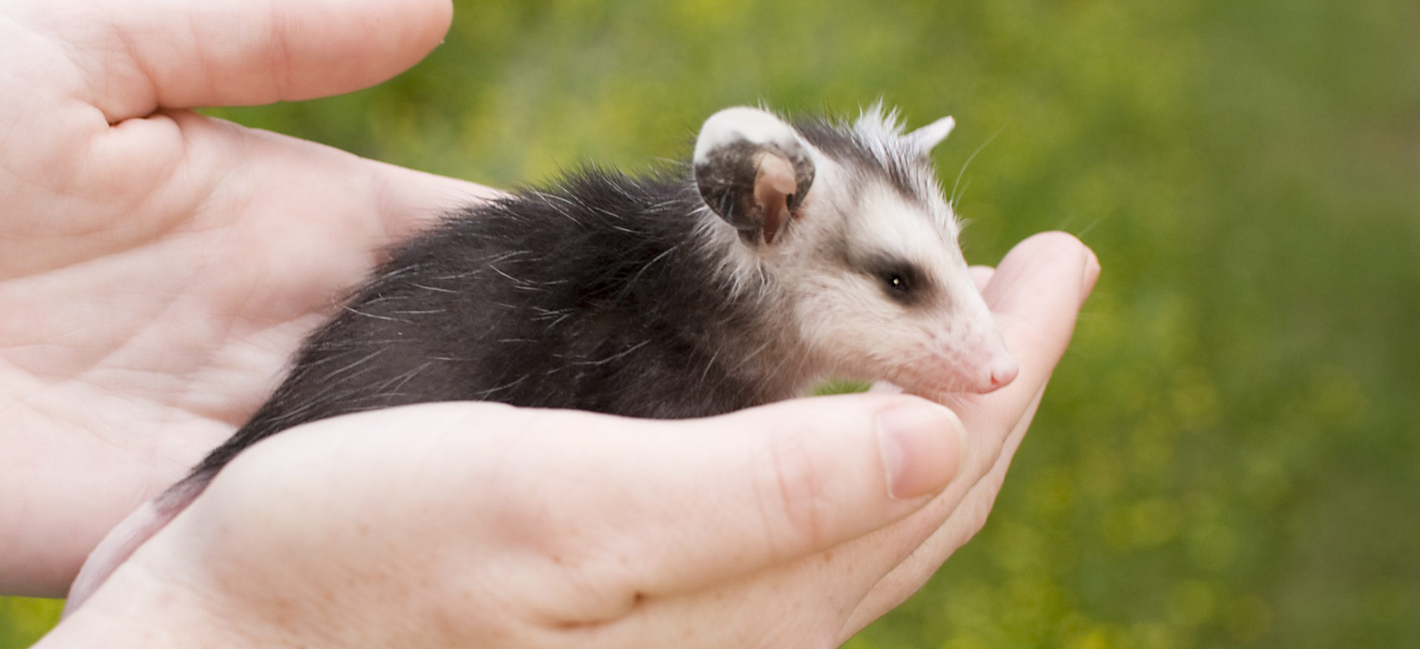

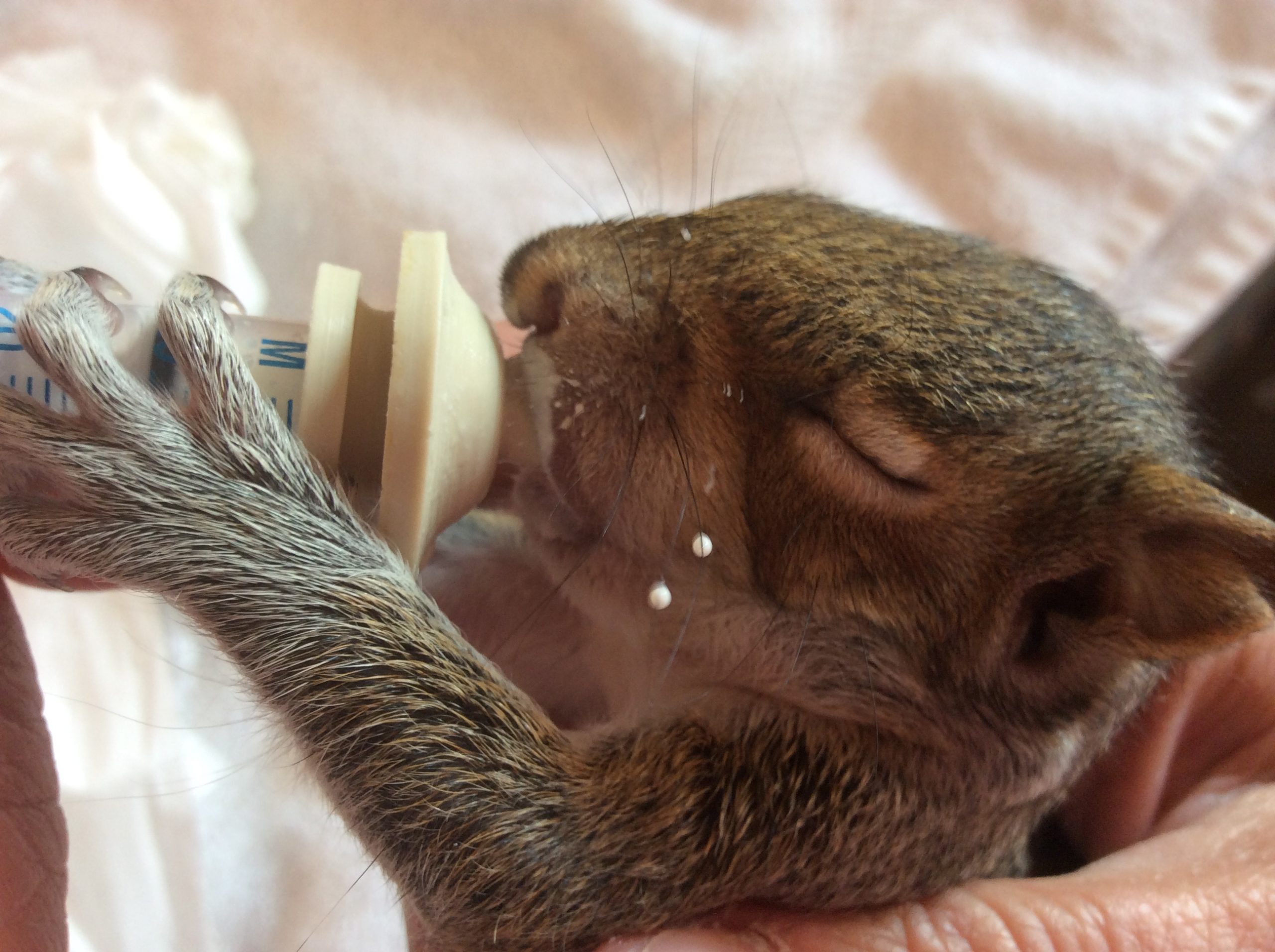
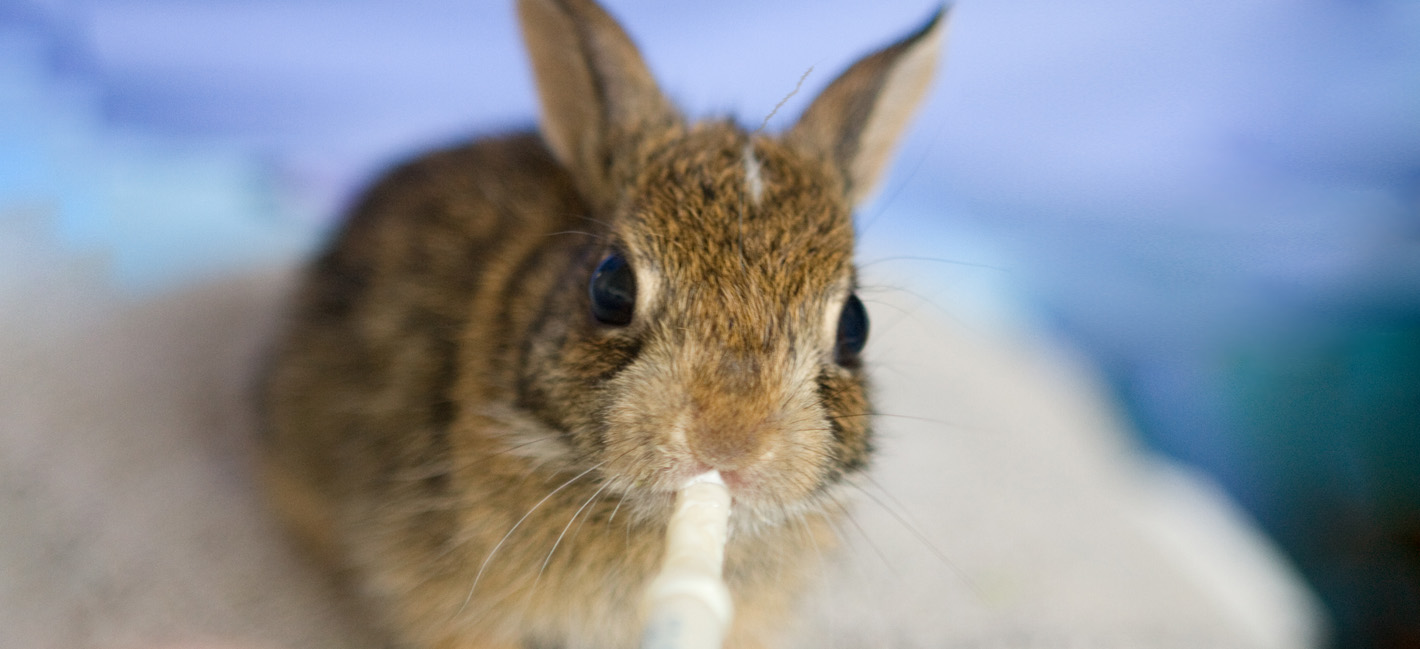

Found an Animal
Basic Care Instructions for Injured or Orphaned WIldlife
For rehabber contact information, choose the animal below.
IMPORTANT: If you found an injured adult animal, please use extreme caution.
Read both the basic instructions below and the supplemental information for individual species before handling the animal.
First Steps
Before calling a rehabber, take these two steps.
1. Bring the animal inside and place in a well ventilated box that has been lined with a towel that has no frayed edges or holes. If it is a mammal, place a second towel lightly over the animal like a tent. Put the animal/box in a semi-dark, quiet location of your home. Handle the animal as little as possible.
2. Wild animals are under extreme stress when in captivity. You MUST provide all baby mammals and hypothermic adult mammals (see information below for birds) on supplemental heat regardless of the temperature of the room. This will help decrease shock due to stress and/or injuries. Adults with trauma usually have inflammation which will be exacerbated by heat. Place a heating pad on a low setting on your counter or floor. Next, place a folded towel on top of the heating pad. Finally, put the half of animal’s box on top of the heating pad/towel. Placing the box half on and half off the heating pad will allow the animal to move away from the heat if it feels too warm.
If you do not have a heating pad, you can use a hot water bottle or water in a jar with a tight-fitting lid. Place this type of supplemental heat securely inside the box and tucked under the towel. Water cools quickly so you must check the water at least every 30 minutes. Do not let the water turn cold. Additionally, putting uncooked rice or dried beans in a sock and microwaving it for a minute to warm will work nicely. You want the sock to feel warm, but not hot as this will burn the animal.
Birds that are fully feathered do not need additional heat. Naked (unfeathered) birds will need to be kept warm. See under birds.
DO NOT
- Do not give food or water. Improper diet or delivery method will kill the animal.
- Do not allow children or pets near the animal.
- Do not bathe the animal.
- Do not attempt to raise any of these animals yourself. Most often these animals need medical attention and possibly antibiotics to survive. Call a rehabber from the list of WWI Rehabbers immediately.
- Do not clean wounds. This will add additional stress to the animal.
Special Note
Animals that have been chilled from rain or cold will need extra care to get their temperature back to normal. These animals may not be able to be reunited with their mom. They may need to go on an antibiotic and be monitored closely for pneumonia. Call a rehabber.
